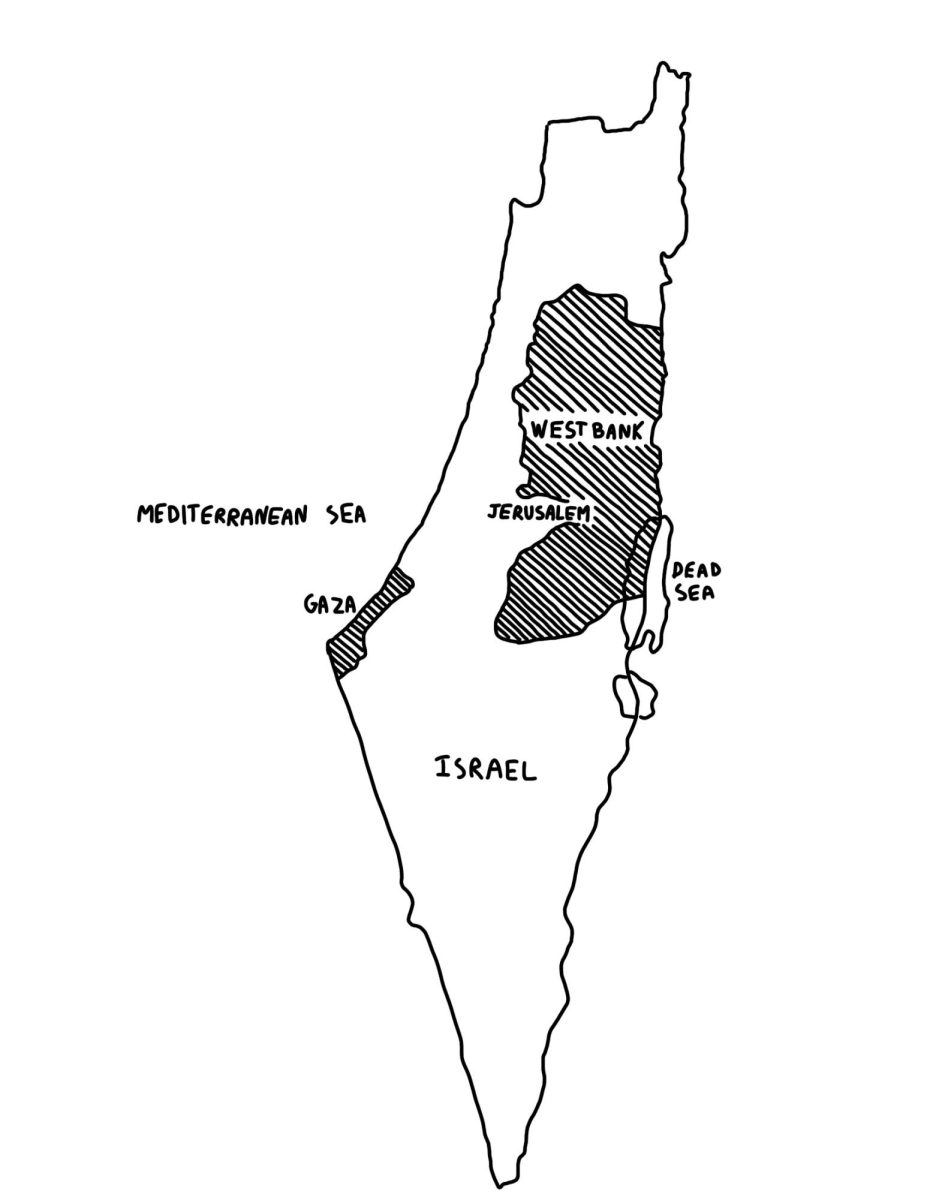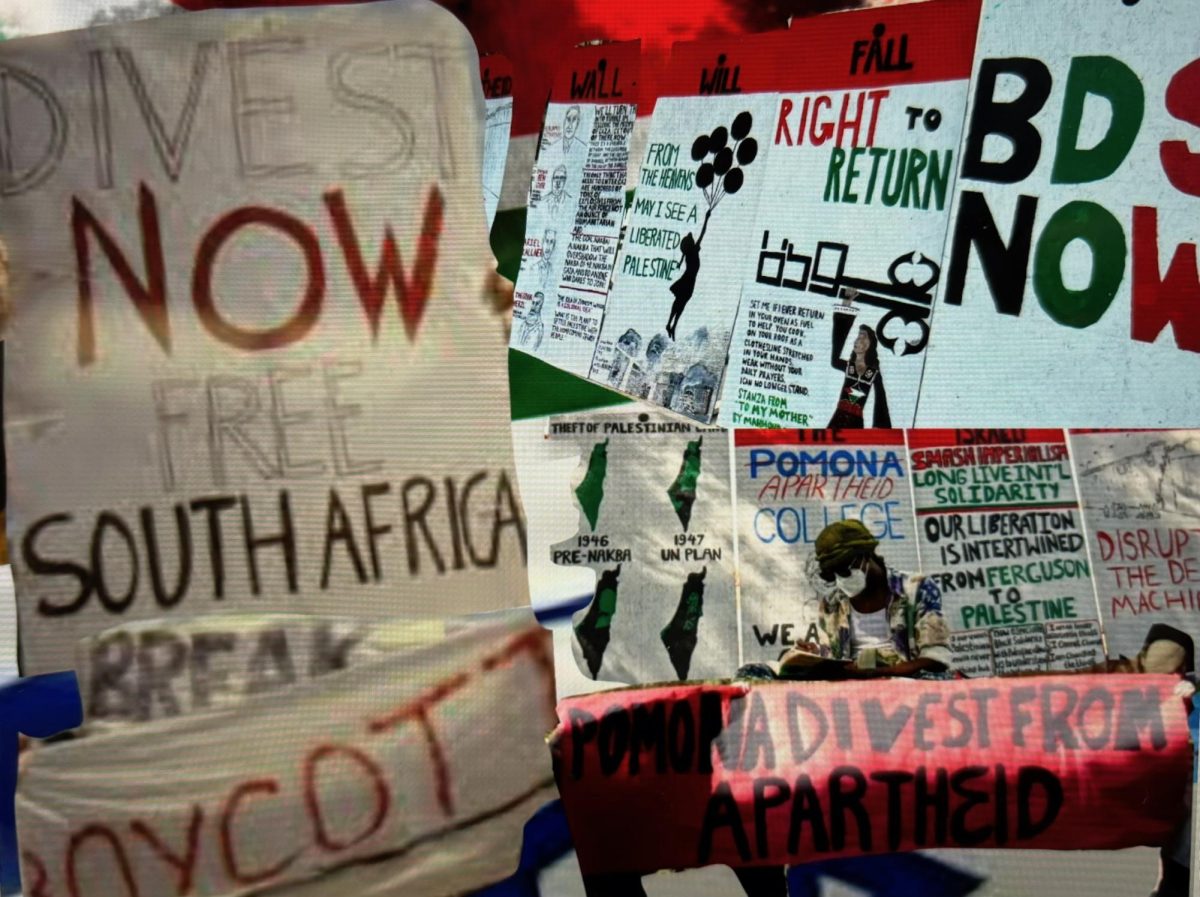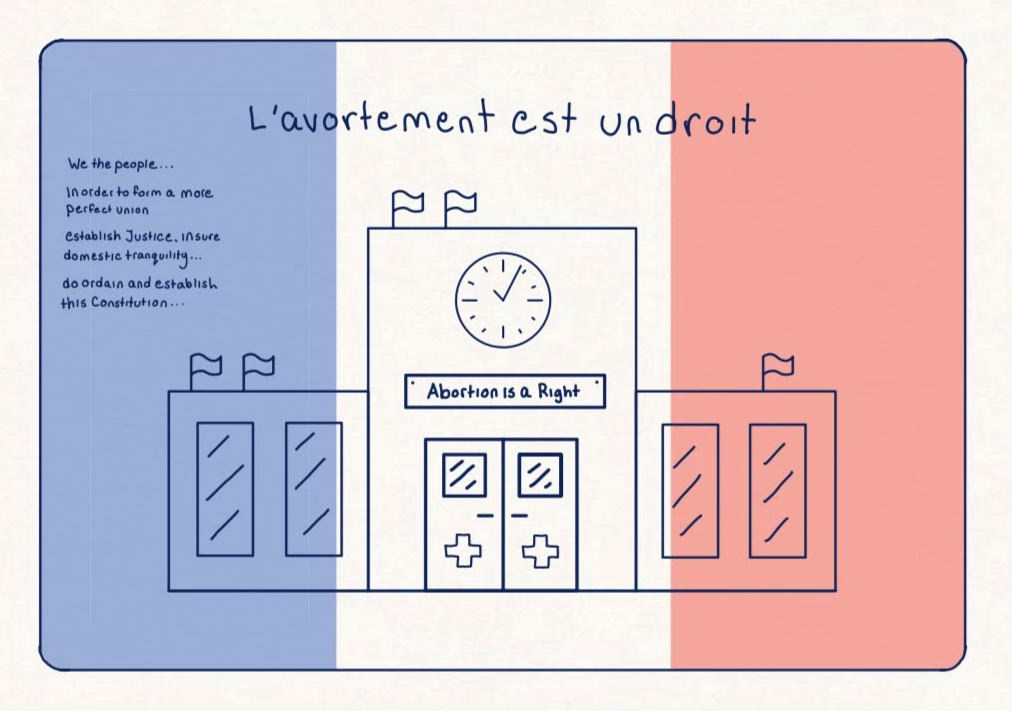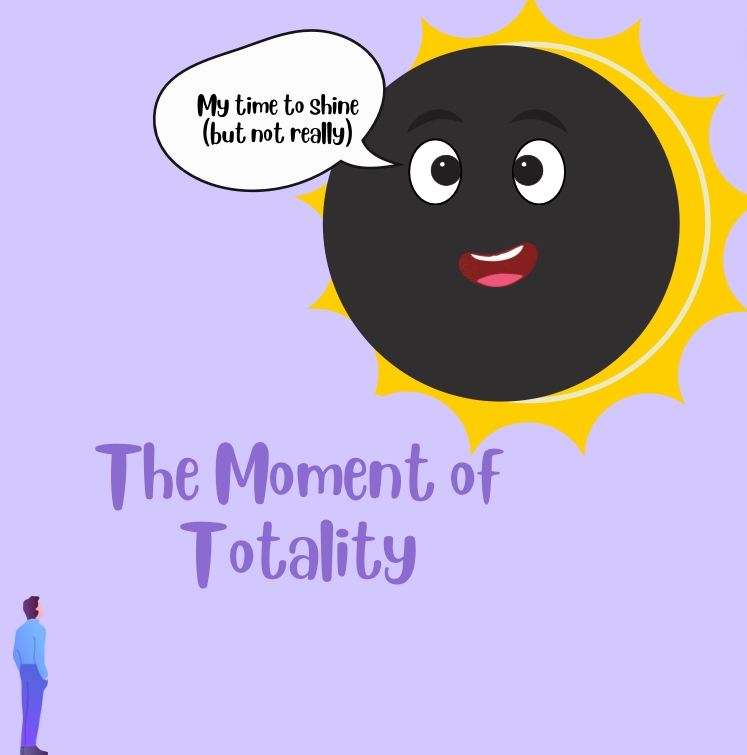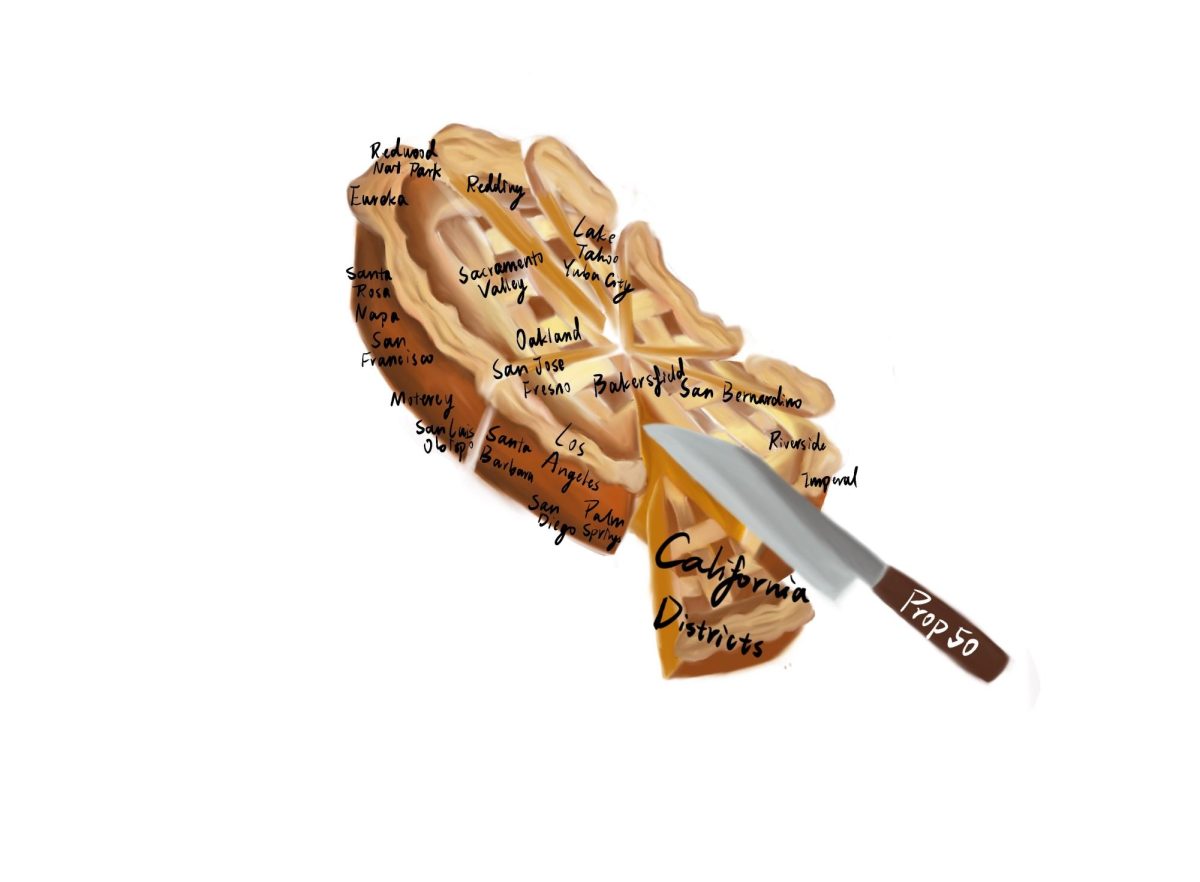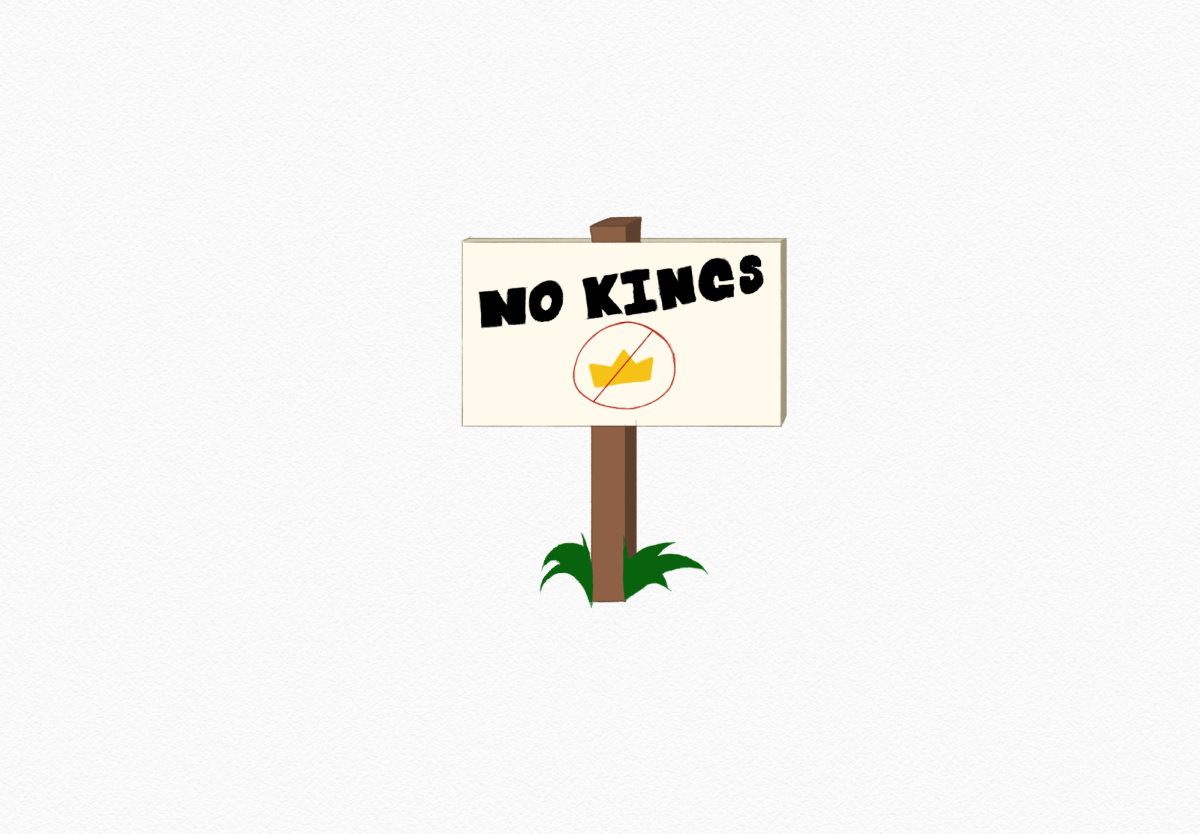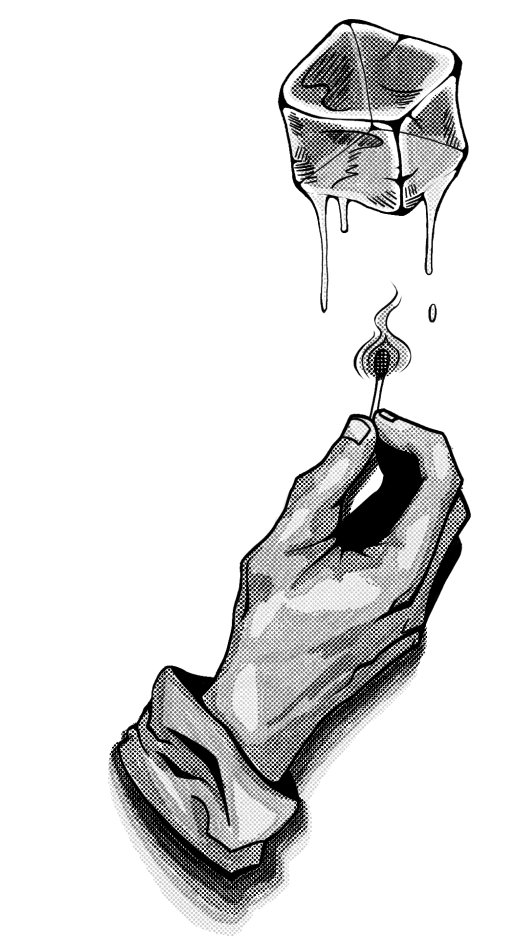In a day in age where the first place many students look towards for information is social media, opinions get skewed very quickly. Social media has earned a reputation for misinformation in the last few years, especially throughout the pandemic and 2020 presidential election. Now, the most recent major historical event that is being misunderstood is the Israeli-Palestinian conflict.
On social media, celebrities have tried to show their diverse opinions and support for certain sides, but their messages get quickly lost in their lack of knowledge and in a flood of comments. Justin Bieber, on October 11, 2023, posted a picture to his 293 million Instagram followers, with a picture with the words “praying for Israel” on top. The issue, however, is that he used a picture of Gaza, not Israel, being destroyed. These simple geographic mistakes are just the start of many. Social media users are simply trying to join trends, not send a true or accurate message.
Many teens have been left to the use of social media, as it is the only way they understand the issue. When one simply looks up the issue, they are flooded with massive amounts of information. The sources with the most credible reputations are academic journals with upwards of thirty pages and vocabulary that most high school students do not want to spend their time figuring out. The Israel-Hamas conflict has brought to light the issue of a lack of accessible unbiased and factual news reports. As this is a critical issue affecting millions of lives, students must be provided with a way to grasp the major points of the issue. This article has been written in hopes that it will be in a way that is understandable and concise enough to read in a couple of minutes at lunch.
Issues have been going on for decades in Palestine and Israel’s territory in the Middle East, with both claiming that the territory is theirs. The key inciting incident between the two occurred on November 29, 1947. The United Nations was tasked to decide on a compromise on how to divide Great Britain’s former Palestine Mandate. This Mandate was formed after Great Britain gained Palestine territory from the Ottoman Empire. It failed. Palestine wanted to self-govern and did not want Israeli immigrants. Great Britain then left the dispute up to the United Nations, who created Resolution 181. They divided the area into Arab and Jewish states, leaving the City of Jerusalem internationalized. This new resolution from the UN was not accepted well by Palestinians, as they were not gaining complete control of the territory. Tensions between the two territories rose on May 15, 1948, when Israel declared independence. This act of freedom started the Israel-Arab war. Five Arab states – Egypt, Iraq, Jordan, Lebanon, and Syria – fought against Israel in an attempt to prevent it from gaining independence. However, Israel was backed by external forces and was able to secure their land as well as their independence — but as a result, 75,000 Palestinians were displaced. The outcome of the war was the division of the territory into three parts: the State of Israel, the West Bank of the Jordan River (Jordan territory), and the Gaza Strip (Egyptian territory).
In the years following the Israel-Arab War, tensions were still high. Various conflicts between Israel and Arab countries led to the Six-Day War and the Yom Kippur War until a peace treaty was finally signed. In 1979, delegates from Israel and Egypt signed the Camp David Accords, which ended their thirty-year conflict. However, this solution was unable to completely diffuse the tensions. Palestinians rose up against the Israeli government and tried to govern themselves. The Oslo Accords I in 1993 and II in 1995 were able to mediate the situation.
Fast forward to the 2000s; the Israeli government built a wall around the West Bank in response to the second intifada of Palestine, or second uprising, which lasted from 2000-2005. During this time, Hamas, a group that had already tried to govern Gaza, rose to greater power. Hamas has been recognized as a terrorist group by the United States. Then came the summer of 2014, when there was a conflict between the Palestinian and Israeli military, where Hamas launched 3,000 rockets at Israel. Israel then responded with attacks of their own. This feud left 73 Israelis and 2,251 Palestinians dead. Another flare-up occurred in 2018, as Gaza fired over 100 rockets into Israel and Israel responded with 50 attacks of their own. In 2021, yet another feud between Hamas and Israel broke out and once again killed thousands while displacing even more from their homes.
Now in 2023, yet another attack was launched towards Israel from Gaza led by Hamas just this past October 7th. The Israel-Hamas War has already killed 1,400 Israelis, with 4,629 injured, and hundreds taken hostage. On the other side, Palestinian reporters have said 5,791 have been killed and another 16,297 injured in Gaza, as of October 20th. Both Israel and Hamas have taken innocent civilians and imprisoned them, which has raised concerns of safety among residents. Hamas has been encouraging Palestinians to stay in Gaza, but Israel is claiming that the underlying motive is darker: Hamas simply wants to use their citizens as human shields. Due to the warfare, 1.4 million Palestinians have already been displaced in a matter of weeks; those who stayed behind are in a humanitarian crisis. Israel has only left two escape roads clear in Gaza, but those routes have been attacked and are seen as ‘unsafe’. Egypt opened escape routes as well, but they were bombed in recent attacks. As of right now, there is not an easy way out for all civilians to get to safety.
The Israel-Hamas War is not a simple subject. War has plagued the lives of Israelis and Palestinians for years, and this new war is a result of decades of tension. There are thousands of citizens on both sides right now being displaced, killed, and taken hostage. Nothing about the current state of Israel or Palestine is a situation that should be learned about through glorified social media posts. When human lives are in danger, it is crucial that information is reliable and not being shared just for the intention of getting likes and views. On behalf of the Wolfpacket, we hope this article was informative about the long-standing conflicts between Israel and Palestine and cleared up any misconception spread by the media.



